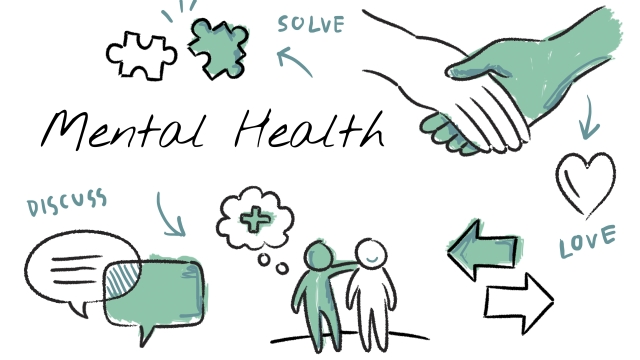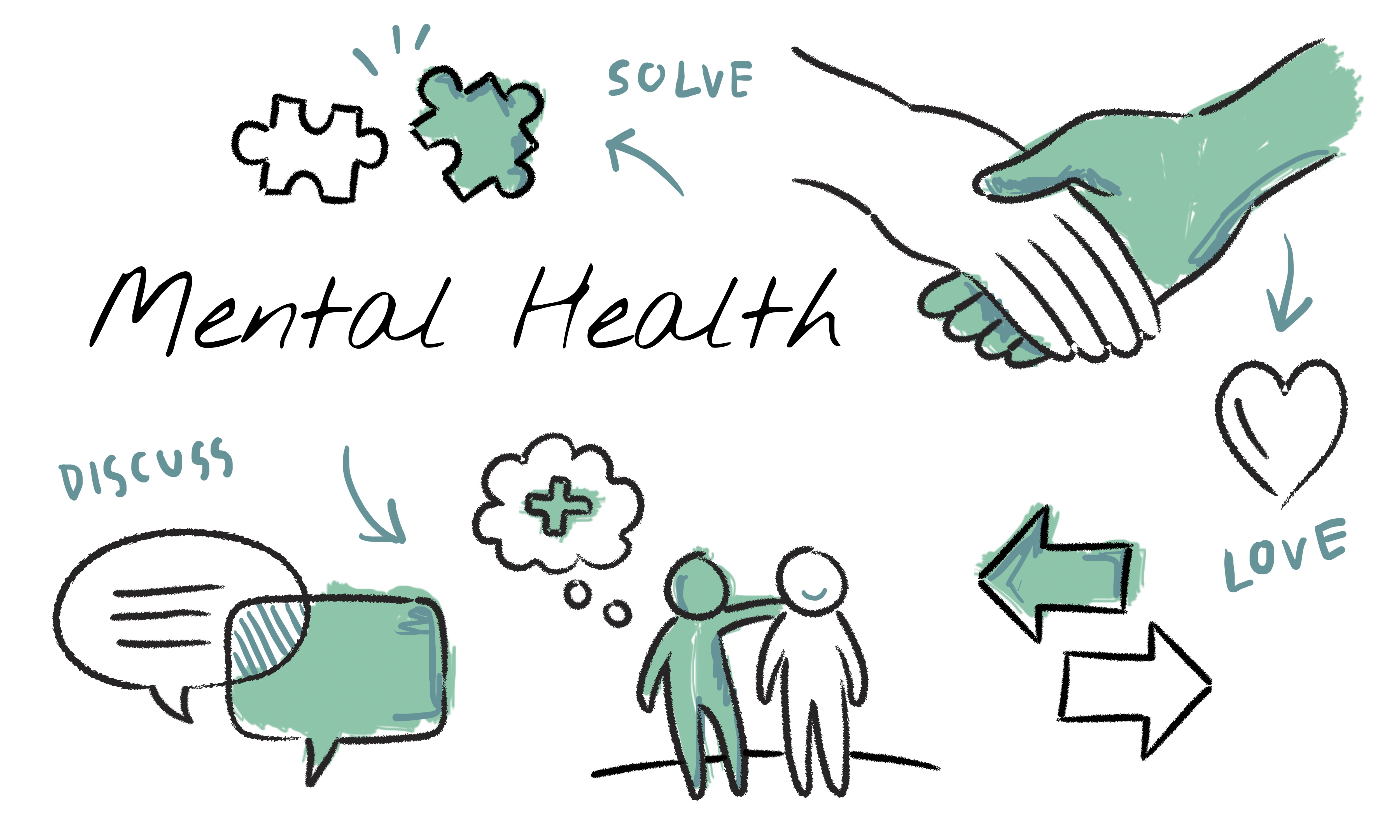
10 Ways to Prioritize Your Mental Health
- by Jose Bryant

In today’s fast-paced and demanding world, taking care of our mental health has become more important than ever. Mental health care is the practice of prioritizing and nurturing our psychological and emotional well-being. It involves various strategies and techniques that help us manage stress, improve our coping mechanisms, and maintain a positive mindset. While it may seem challenging to find the time and energy to focus on our mental health, incorporating simple yet effective strategies into our daily routine can make a significant difference in our overall well-being. In this article, we will explore ten ways to prioritize your mental health and empower yourself to lead a happier and more fulfilling life. So, let’s dive in and discover these valuable techniques that can enhance your mental well-being.
1. Setting Boundaries
Setting boundaries is an essential aspect of prioritizing your mental health. It involves establishing clear limits and guidelines to protect your emotional well-being. By creating boundaries, you can safeguard yourself from unnecessary stress and conflicts that may negatively impact your mental state.
Firstly, it is important to recognize your own needs and limitations. Understanding what you can and cannot handle emotionally is crucial in setting effective boundaries. By identifying your triggers and stressors, you can better navigate situations and communicate your boundaries to others.
Secondly, learn to say ‘no’ when necessary. It can be challenging, but declining certain requests or commitments that may overwhelm you is necessary for self-care. Remember that prioritizing your mental health sometimes means prioritizing your own needs over the expectations and demands of others.
Lastly, communicate your boundaries clearly and assertively. Expressing your limits and needs to those around you is key in ensuring they are respected. Effective communication can help foster healthier relationships and reduce the likelihood of experiencing emotional exhaustion or burnout.
By setting boundaries, you take control over your mental well-being, allowing yourself the space and time to focus on self-care and prioritize what truly matters to you. Remember, it is not selfish to prioritize your mental health – it is an act of self-love and preservation.
###2. Practicing Self-Care
Self-care is an essential aspect of maintaining good mental health. Taking time to prioritize your own well-being can greatly impact your overall mental state. Here are three ways you can practice self-care for better mental health.
Engage in activities you enjoy: Finding time for activities that bring you joy and relaxation is crucial for your mental well-being. Whether it’s reading a book, going for a walk in nature, practicing a hobby, or simply spending time with loved ones, make sure to incorporate these activities into your routine. Carving out this time allows you to recharge and find pleasure in the small moments of life.
Set boundaries: Setting boundaries with others is necessary to protect your mental health. Learn to say no when you feel overwhelmed or stretched too thin. It’s okay to prioritize yourself and your needs. By establishing clear boundaries, you can prevent burnout and maintain a healthy work-life balance.
Practice mindfulness and self-reflection: Taking time for self-reflection and being present in the moment can help improve your mental well-being. Mindfulness practices such as meditation, deep breathing exercises, or journaling can help you gain clarity and reduce stress. Practicing mindfulness allows you to connect with yourself and become more aware of your emotions, thoughts, and triggers.
Thc Oil Uk Vape
Remember, practicing self-care is not selfish but rather a necessary component of maintaining good mental health. By incorporating these strategies into your daily life, you can prioritize your well-being and cultivate a healthier mindset.
3. Seeking Professional Help
Seeking professional help is essential for prioritizing your mental health. A mental health care professional can provide the guidance and support you need to navigate the challenges you may be facing. Whether you are dealing with anxiety, depression, or any other mental health issue, seeking professional help is a proactive step towards your well-being.
Professional therapists or counselors are trained to listen and provide evidence-based interventions that can help you manage your mental health. They provide a safe and non-judgmental space where you can openly express your thoughts and feelings. Through therapy sessions, you can gain insights into your emotions and behaviors, develop coping strategies, and work towards creating positive changes in your life.
In addition to therapy, psychiatrists are medical doctors who specialize in mental health care. They can prescribe medications if needed and closely monitor your progress. Consulting a psychiatrist can be beneficial, especially if you are experiencing severe symptoms or have a diagnosed mental health condition that may require medication management.
Remember, seeking professional help does not mean you are weak or incapable. It shows strength and self-awareness in recognizing that you could benefit from additional support. Reach out to a mental health care professional today and take the first step towards prioritizing your mental well-being.
In today’s fast-paced and demanding world, taking care of our mental health has become more important than ever. Mental health care is the practice of prioritizing and nurturing our psychological and emotional well-being. It involves various strategies and techniques that help us manage stress, improve our coping mechanisms, and maintain a positive mindset. While it…